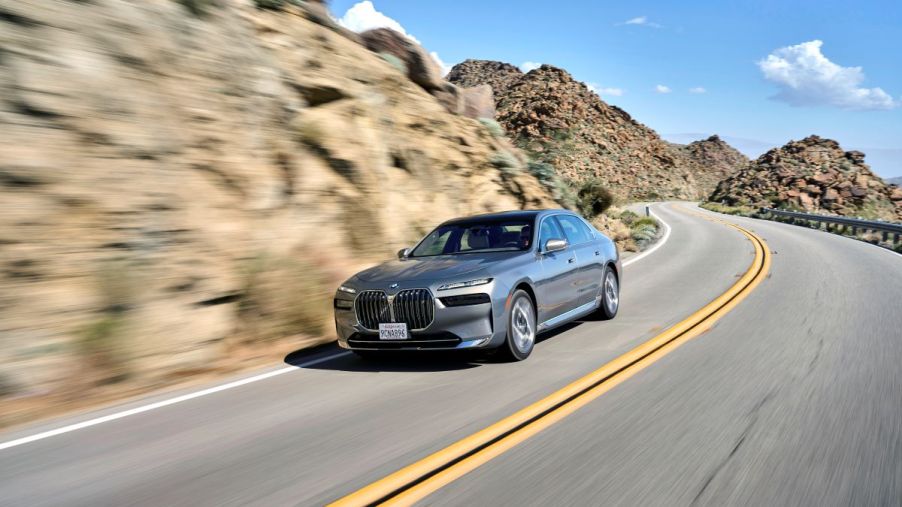
5 Fastest Depreciating Luxury Sedans According to iSeeCars
Luxury cars are captivating creations. They’re perennially desirable vehicles with powerful engines, state-of-the-art tech, and interiors trimmed like a private jet. Oftentimes, manufacturers put most of their R&D budget into their luxury offerings. However, it doesn’t mean they’ll retain their value any better than other vehicles.
5. Audi A6 – 51.5% loss
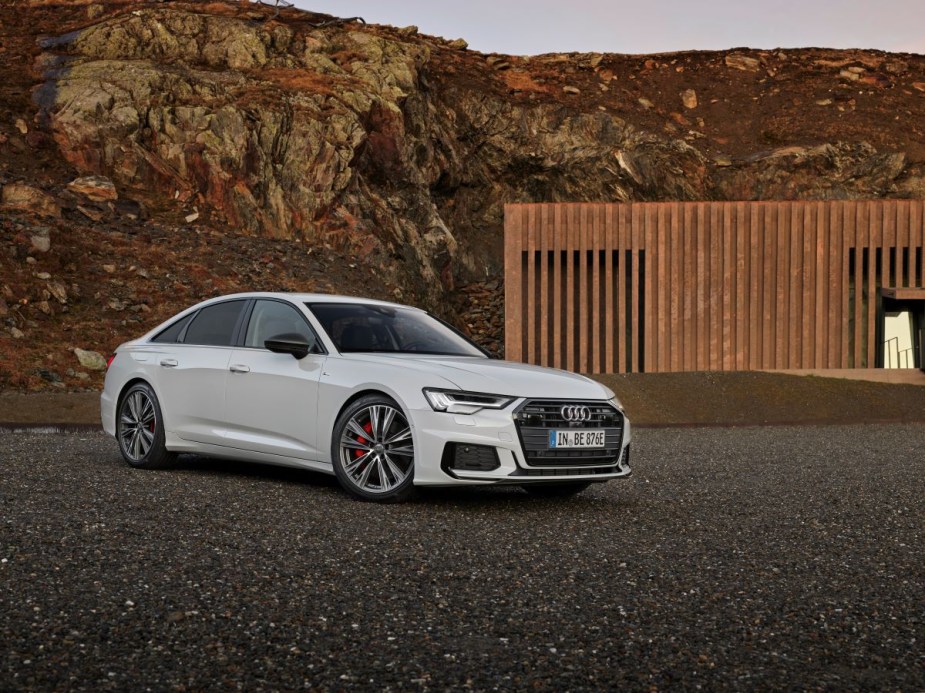
The current midsize Audi A6 offers competency in all categories. With a powerful V6, all-wheel drive, and remarkable driver assistance systems, it’s a premium luxury car pick. Yet, analysis shows that over five years, the A6 will lose an average of $33,331.
4. Mercedes-Benz S-Class – 51.9% loss
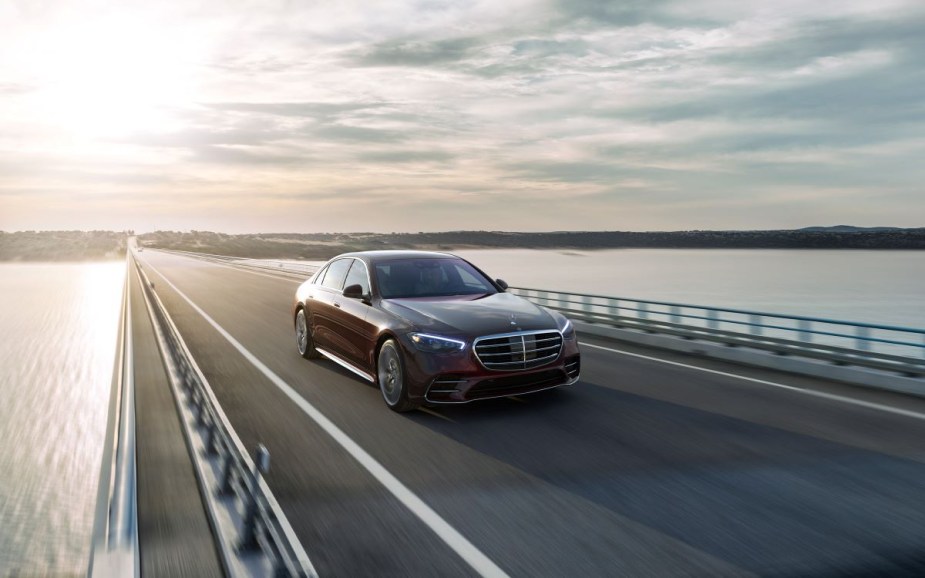
As a traditional heavyweight in the luxury car segment, the Mercedes-Benz S-Class always features the best innovation in automotive tech. But since it’s always innovative, it means the comparative resale suffers. Although it’s only fourth on the list, the average S-Class will lose the most money. Over five years, $65,375 of the original MSRP is gone.
3. Jaguar XF – 54% loss
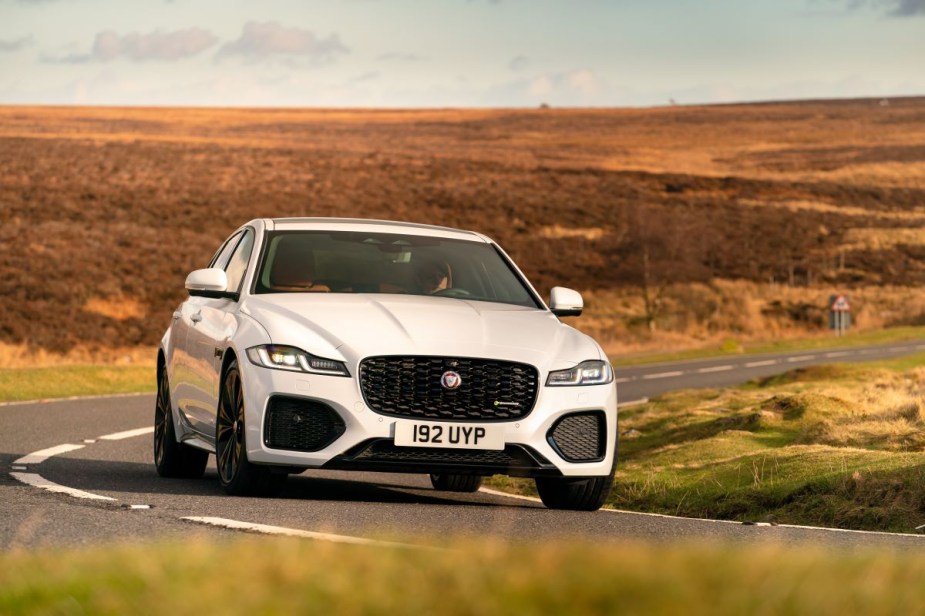
The beautiful big luxury sedan from the British brand never enjoyed the acclaim it deserved. As a capable-handling four-door, it added a slight flair of Cool Britannia to the C-suite executive parking lot. Its unpopularity in the U.S. made its resale value suffer, though, as the average loss over a half-decade period is roughly $36,081.
2. Maserati Ghibli – 56.3% loss
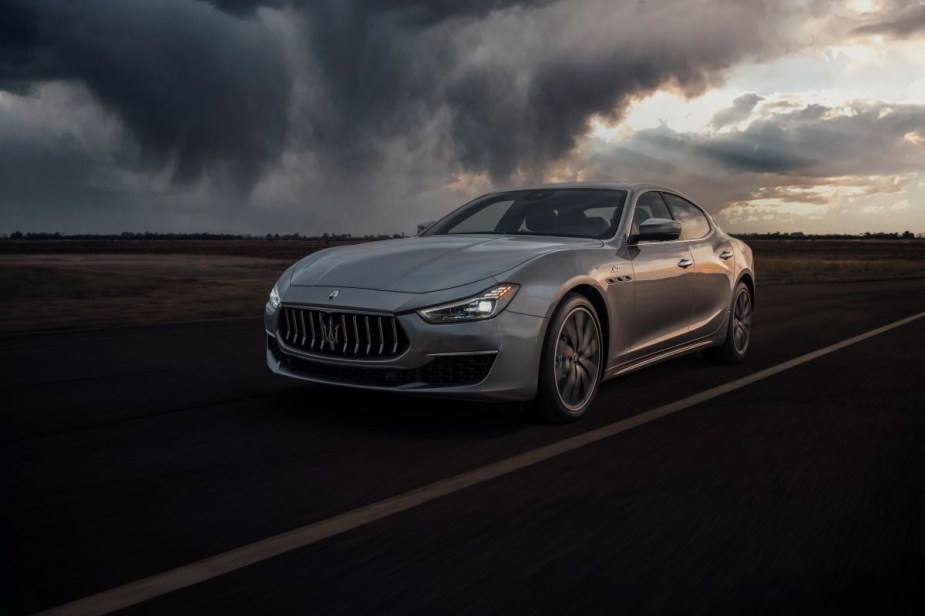
Maserati took America by storm as it expanded operations over a decade ago. From grand touring coupes and luxury sedans to sporty SUVs, all had gorgeous Italian styling and Ferrari-derived engines. The panache has its downsides, though. The Maserati Ghibli will lose an average of $51,168 over five years.
1. BMW 7 Series – 56.9% loss
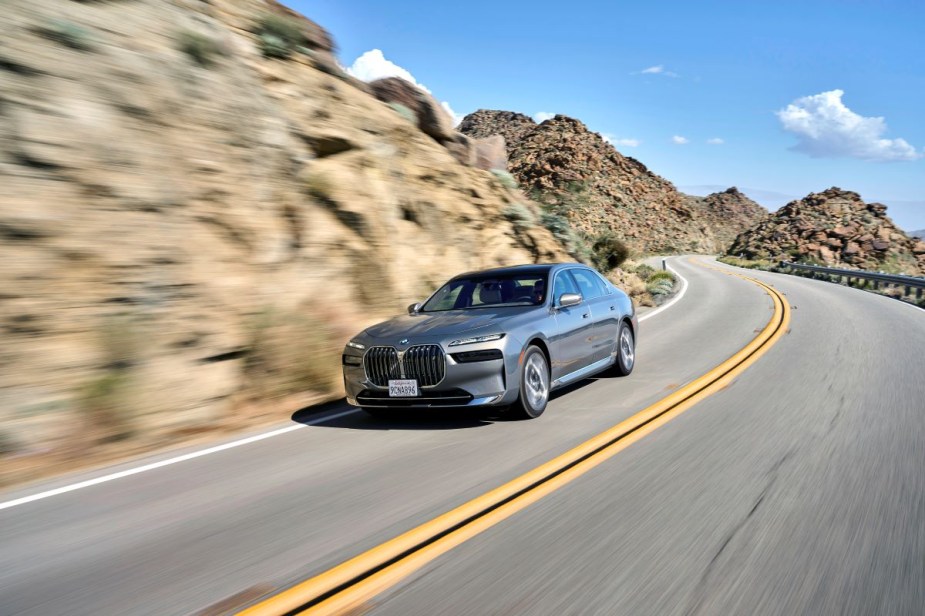
As the ultimate version of the Bavarian “ultimate driving machine,” the BMW 7 Series is the company’s innovation introduction point. With revolutionary entertainment and safety technologies and novel exterior design themes, it’s a showstopper in any business park or hotel valet. But the five-year average loss of $61,923 could have some reconsidering a lease.
How were the rankings determined?
Automotive research firm iSeeCars compiled the list of the fastest-depreciating luxury sedans. According to their analysis, the average car across all ranges was 33.3% of its value over five years. The nationwide average equates to a loss of approximately $14,049. But with luxury cars, the prospect is much bleaker.
For example, the highest-depreciating compact—the Mitsubishi Mirage G4—retains its value more than the national average. Even though the Mirage has one of the lowest starting prices, it only lost 32.3% of its value over five years.
Why do luxury sedans depreciate so fast?
Given that the typical luxury sedan shopper wants the latest and greatest features packed into leather-lined cabins, the car’s desirability is short-lived. Companies like Audi, BMW, Jaguar, Maserati, and Mercedes-Benz and constantly working to make their last model-year luxury car obsolete with the next variant. Such further drives the demand for the following iteration of a particular luxury sedan over a used one.
Another issue driving depreciation is the cost of ownership. Luxury sedans are both expensive to buy and expensive to maintain. Frequently, the manufacturer requires owners to use top-of-the-line fluids in drivetrain systems. Most luxury sedans must be filled with 93 octane fuel, driving the daily cost up. Moreover, when components inevitably break, they are equally expensive to fix.


